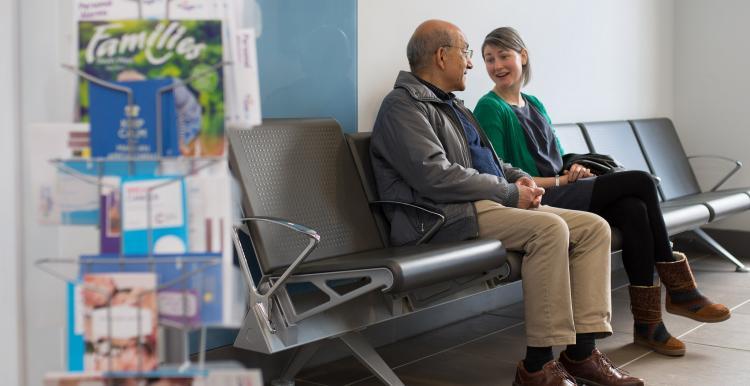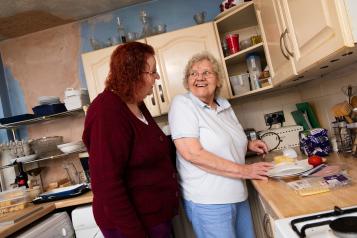Access to services remains the key health and social care issue for south east London residents

Most said they faced several weeks to book appointments with their GP Practices. One person said: “Can’t get through to the doctor. Always on the answer phone, never call me back. Don’t know how to book online.”
What Would You Do?
997 residents, patients, carers and their families shared their as views as part of the “What Would You Do?” focus groups and surveys, that ran from March to June to encourage people across south east London to explain what matters most to them.
The public were asked to give their views on improving local services; share their ideas on how people can live healthier lives and what improvements they think could be made to help people access services quickly.
In addition to asking residents to fill out surveys, Healthwatch Greenwich carried out focus groups with mental health service users and residents who have learning disabilities and autism.
When I stick my hand out, and asked for help. No one did anything.
Quick, easy and earlier access is vital for people with ill mental health, who told us they currently face barriers such as accessing support, long wait times, limited information and a lack of crisis support. One resident with chronic mental health issues said “When I stick my hand out, and asked for help. No one did anything.”
Adults with learning disabilities and or/autism also found it difficult to get appointments and experienced long waiting times to be seen. They would value clear explanations and to receive support with booking appointments. One person told us that they had missed several appointments, because they don’t remember them.
Other key issues raised and suggestions offered include:
Residents wanted health professionals to treat their mental and physical health together.
There is a need for better communication between patients, staff and organisations.
Residents with learning disabilities and or autism would value accessible communication
Residents wanted absolute confidence that their personal data is managed well and kept secure
Residents supported the use of digital appointments, as long as the technology improved communication and didn’t replace face to face interactions.
South east Londoners wanted support to stay in their home as long as it is safe to do so, through community based support and better social care.
The feedback we have gathered from our engagement work will now be used in the development of the south east London response to the NHS Long Term Plan. The findings will help to ensure that the plans take into account what is the important to the local population. Local Healthwatch’s report has been presented to the Our Healthier South East London Board, who are responsible for the local plan.

